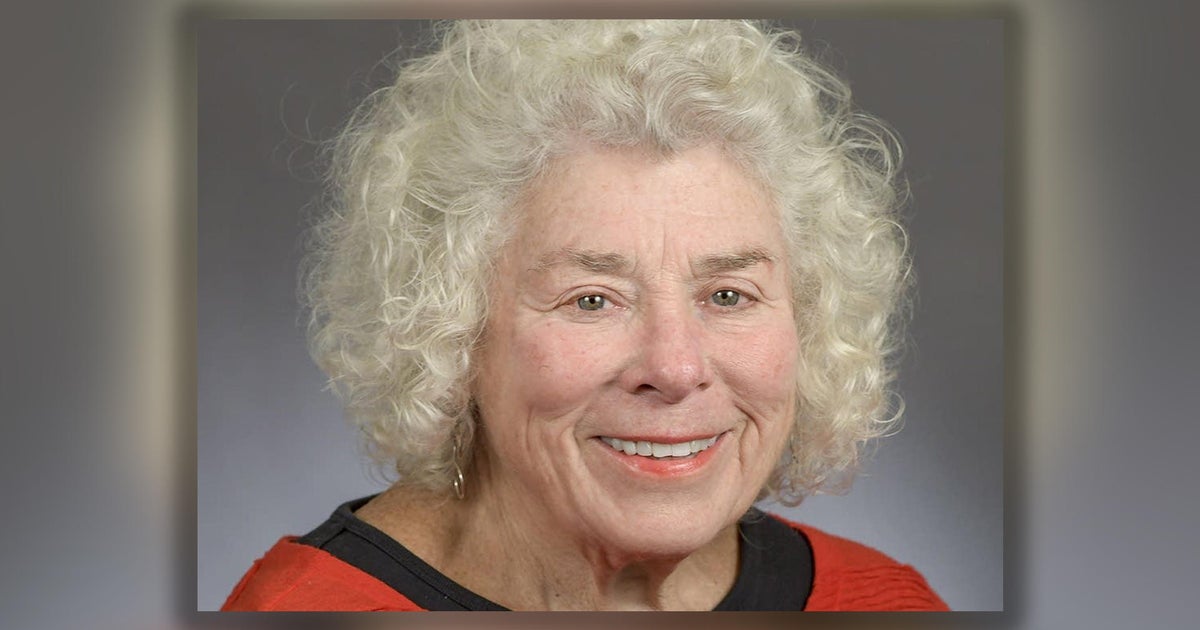Candidates for Minnesota state auditor tied as they spar over role of office
ST. PAUL, Minn. – The battle for Minnesota state auditor – a down ballot race that doesn't draw the same attention as other statewide offices – is in a dead heat and the leading candidates have different visions for the job.
The latest polling from MinnPost shows incumbent DFL auditor Julie Blaha, a former teacher seeking her second term, and Republican challenger Ryan Wilson, who founded a company that audits clinical trials for medical device companies, are tied at 40%.
MORE: WCCO.com's 2022 digital election guide
The auditor's office is responsible for oversight of $60 billion in local government spending, including cities, counties and school districts. The auditor also sits on the Minnesota Board of Investment, which oversees the retirement funds for state employees and other assets.
Blaha said she's proud of her office rooting out fraud and the work to fix "over $500 million in budget errors, which prevents fraud in the first place." But she believes that the work should happen with little fanfare.
Meanwhile, Wilson said he wants to take a "proactive" approach that mirrors what former governors Arne Carlson and Mark Dayton did while serving as state auditor before they later ascended to the state's top job. He promises more visibility to the public.
"Those were auditors that were on the forefront of issues. When things came up, when things were on the public mind, they went out to address them proactively," Wilson said. "They got out there and they were willing to let the public know that someone's on it. Someone's looking out for their tax dollars."
In a recent debate on Twin Cities PBS' Almanac program, Blaha said a "good watchdog doesn't bark." She accuses Wilson of distracting voters from the main role of the office, which focuses on local government.
"My opponent would create more drama, but really the work that we do doesn't always get headlines because it's everyday things that matter," Blaha said. "My job is to focus on what matters to people in their community, not just what's going to help make a headline for myself."
Food fraud becomes political flashpoint
An alleged scheme by Feeding Our Future during the height of COVID-19 to steal $250 million in child nutrition funds has now become a flashpoint in the race, as Wilson attacks Blaha for not doing more to stop what federal authorities call the "largest pandemic fraud in the United States."
He points to a report she signed off on in February 2021 that noted Feeding Our Future had not submitted an audit required of them to receive federal funds. He said Blaha should've taken note of that and notified the federal government and state partners of the discrepancy.
"I would've used that opportunity to elevate the report, to raise the issue, with whoever needed to hear it, so we could've potentially stopped this fraud sooner," he said.
Blaha pushes back, saying she did what she was supposed to within the scope of her office. She noted that other entities had also not submitted audits, and said it was incumbent on the state agencies administering the funds to follow-up if groups weren't complying with requirements.
"My opponent is distracting people by talking about things the office simply just doesn't do," she said. "He's talking about things the legislative auditor does or the FBI does."
The Office of the Legislative Auditor, not the state auditor, by law oversees state agencies. It has the power to evaluate public programs and investigate misuse of public money. The Minnesota Department of Education was the agency dispersing the federal funds for the child nutrition program in question, which had relaxed restrictions during the pandemic.
For Wilson, his top priority if elected would be looking more closely at schools. He said he would ask the legislature to change state law to allow the auditor's office to conduct performance audits, which would analyze how school programs impact learning outcomes.
That would be additional work, he said, on top of what the auditor can already do in statute when it comes to schools, including reviews designed to identify ways to save money or deliver services more effectively.
Blaha, too, said schools are a priority, but said she would "stick to the money" and look at school's financial records, not standardized test scores, curriculum, or any other "political" issue.




